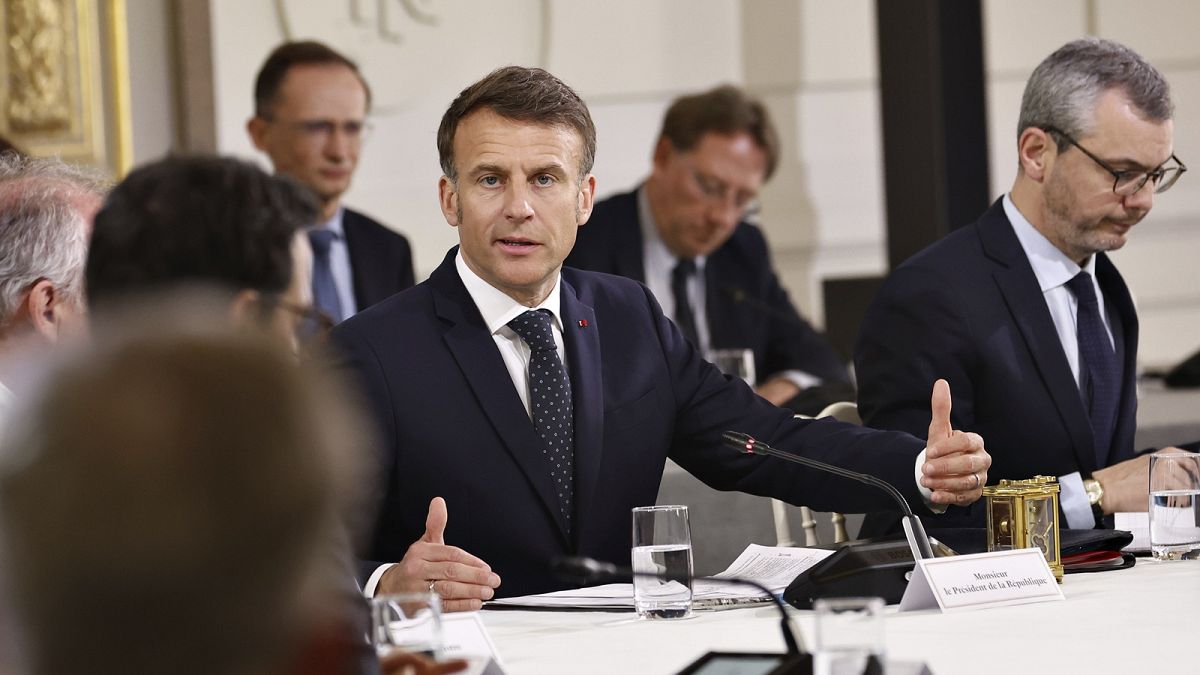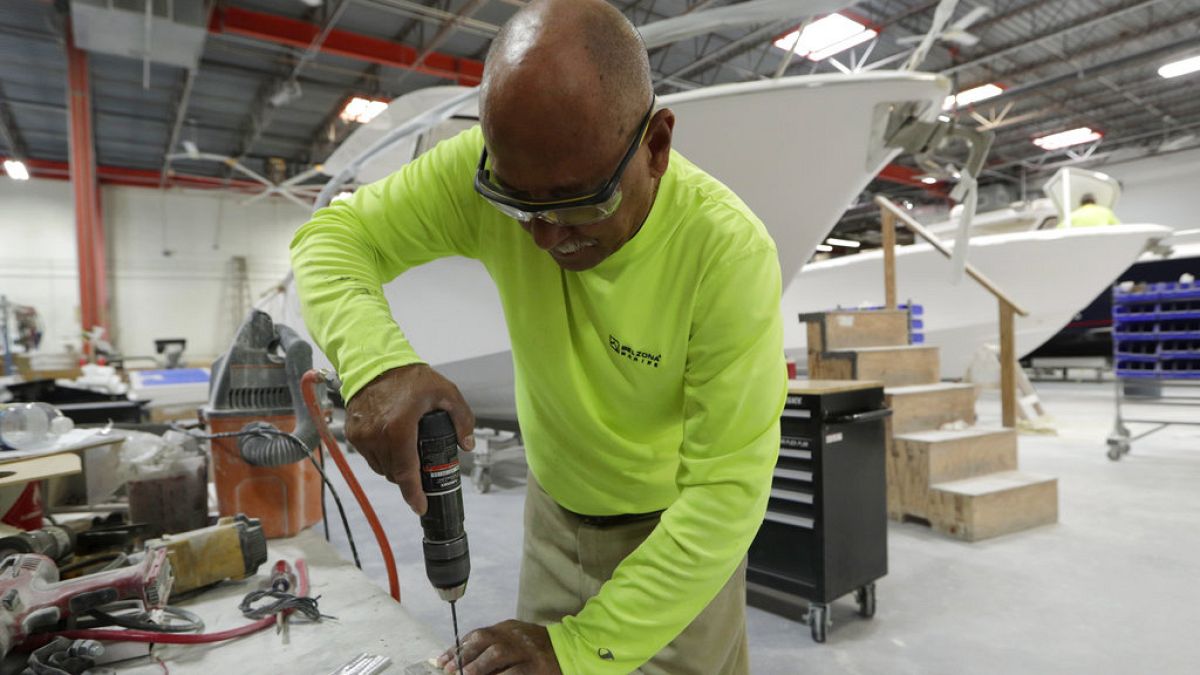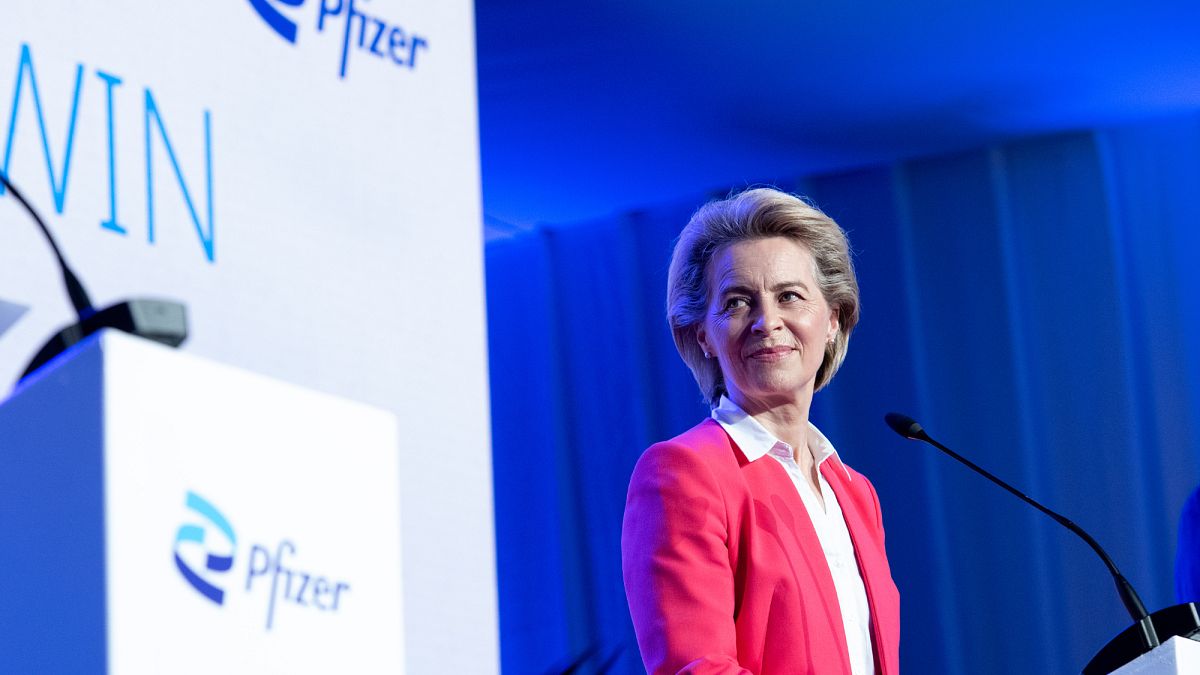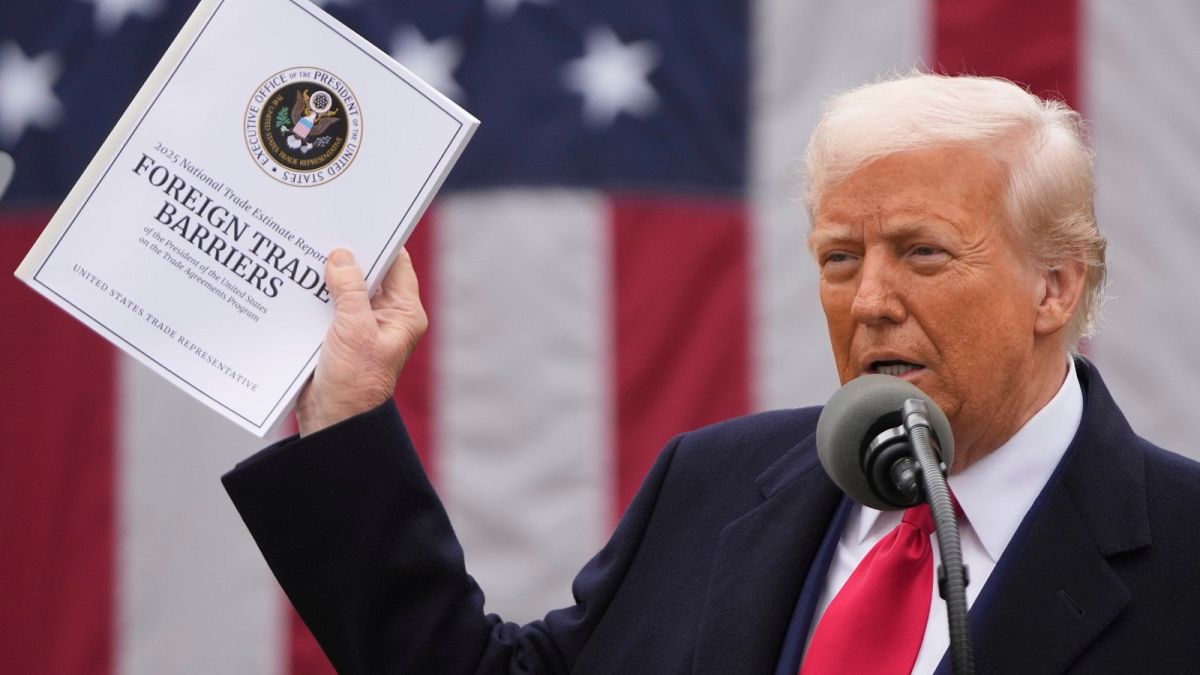Musk is one of Trump’s biggest supporters but experts say it’s not purely down to business interests.
Elon Musk, the world’s richest man and owner of X and CEO of SpaceX and Tesla, has become US presidential hopeful Donald Trump’s biggest patron, even claiming he is risking his life for his White House return.
“Dramatically increasing my risk of being assassinated, and engaging in politics, are not what I want to do. I do not have a death wish,” Musk said in Pittsburgh in October. “But the stakes are so high that I feel I have no choice but to do it”.
But the technology tycoon was not always a Trump supporter, with experts previously describing him as a Silicon Valley libertarian and Musk calling himself a centrist and “politically moderate”.
After Trump’s election in 2016, the US’s tech elite were invited to Trump Towers to meet the former president. Musk at the time said he thought he could “convince” and “influence” Trump on campaign promises to unravel progress on issues such as immigration, according to technology journalist Kara Swisher in her book “Burn Book”.
So why is the serial tech entrepreneur now supporting Trump so adamantly by prancing about on stage at Trump campaign rallies and spending almost $120 million (€111 million) on a Trump-supporting political action committee?
All about business
The obvious answer is to have a potential future leader onside for Musk’s business interests.
“Musk believes Trump will win and believes that will result in more NASA contracts for SpaceX, more federal contracts for Starlink, more incentives for Tesla, protection of Section 230 for Twitter and other opportunities across his portfolio,” venture capitalist and political strategist, Bradley Tusk, told Euronews Next.
It is a big bet for Musk as if Trump’s opponent Kamala Harris wins, “his downside is a lot greater than had he just done nothing,” Tusk added.
A Trump win could also see Musk directly influencing politics as in August, Trump said he “certainly would” name Musk to a cabinet or advisory role if elected, adding that Musk was “a brilliant guy”.
However, Musk's direct influence or role in overseeing policy would be “completely unacceptable,” said Lenny Mendonca, California Governor Gavin Newsom's former chief economic and business adviser.
“That's a direct and clear conflict of interest, which is illegal,” he told Euronews Next.
“So should Trump get elected and ask Musk to play those kinds of roles, he would have to either divest his activities or put them in a blind trust. And in addition, he would have to recuse himself from any decisions that are related to those business interests,” he added.
‘Techno libertarians’
But Musk’s vocal support of Trump might not just be about business.
“I think that there is a breed of entrepreneur types who have had some business and financial success and have an ego that leads them to believe that therefore, they are knowledgeable and have ideas about everything,” said Mendonca.
“And so, that tends to feed their egos to feel like they can not only be a successful businessperson and a rich person but influence the election outcomes”.
However, he said there is another reason why the wealthy, especially those who have made their fortune in tech, get so involved in politics.
“I think it's also there's a group of, I call them, techno libertarians who have zero faith in the government and are part of the let's just dismantle everything crowd,” Mendonca said.
“And I think Musk is in that group, despite the fact that neither of his successful businesses would exist at all were it not for substantial government support,” he added.
But other tech bosses have not been as vocal in their support. Meta CEO Mark Zuckerberg, for instance, has remained quiet, as have the big bosses of Google and Apple.
“Traditionally companies hedge their bets and they give [donate] to both sides and traditionally, the companies don't tend to endorse candidates. It's good if you win. But if you lose, it's not such a good thing,” said Bill Echikson, a senior fellow at the Digital Innovation Initiative and editor of Bandwidth at the Centre for European Policy Analysis.
“Elon Musk is different from the other types… he basically has turned X it into this Wild West at a time when the world is moving away from accepting cowboys and Indians and fools,” he told Euronews Next, adding that Musk is taking a big risk in his endorsement as his companies rely on government grants.
Musk’s election gamble
Whoever is sworn in as the next US president will have to decide whether to continue with President Joe Biden’s crackdown on Big Tech. His Justice Department has launched antitrust investigations into Google, Apple, Meta and Microsoft.
“A Trump administration would not do that,” said Mendonca, adding that it would create more pressure on the EU and individual US states, particularly California, to step into that role more aggressively.
A Harris victory would probably not change much for tech or Musk’s companies.
“I think there's a general recognition that tech is no longer a teenager and it's a grown-up adult that needs to be regulated,” said Echikson.
“And I don't think the election will change that and I don't think Elon Musk's barrier-breaking behaviour will result in a real shift in that overall trend,” he added.
However, there could be repercussions for his social media platform X. Harris could repeal Section 230, which provides companies broad immunity from legal complaints over third-party content.
“This would be the death knell for X but even then, getting it through Congress would be incredibly difficult,” said Tusk.
“I think his companies would face more scrutiny [under a Harris presidency] but ultimately, there just aren't a lot of companies that do what Starlink or SpaceX does so Harris doesn't have that much leverage here either,” he added.

 5 months ago
40
5 months ago
40






 We deliver critical software at unparalleled value and speed to help your business thrive
We deliver critical software at unparalleled value and speed to help your business thrive






 English (US) ·
English (US) ·